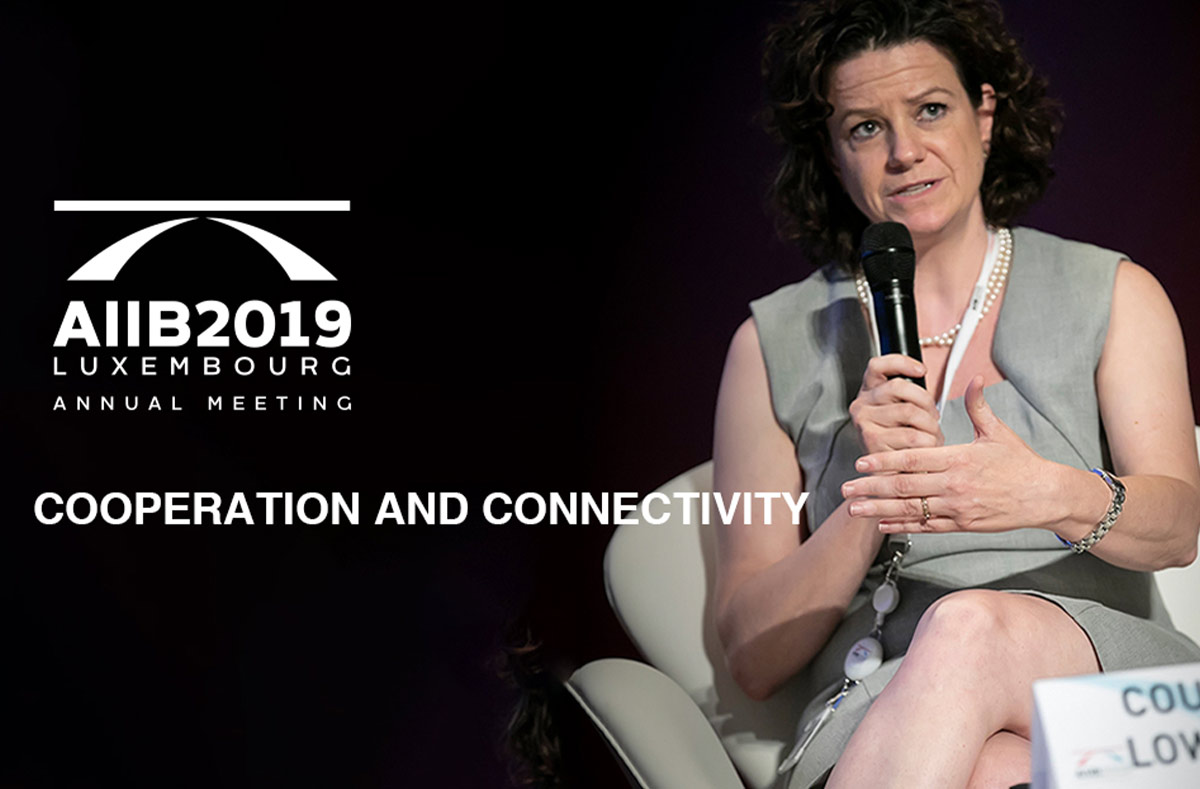I recently attended the Ministerial on Climate Action where I glimpsed the enormous opportunity to create a sustainable and inclusive economy for future generations. There was a sense of urgency from the ministers to increase the pace of transforming the economy to one that is low-carbon and climate-resilient, and there was a lot of discussion about Paris Alignment. But what does it mean to be Paris-Aligned?
In the simplest terms, it means that investment needs to be climate-resilient and consistent with the Paris Agreement’s long-term mitigation goal of limiting global warming to well below 2°C and pursuing 1.5°C. However, we must recognize that many of the physical impacts of global warming—and some of the transition impacts from mitigation—have the potential to fall disproportionately on the poor and vulnerable. An equitable transition to a low-carbon, climate-resilient economy requires fairness in burden sharing between and within countries. Fortunately, climate action (both mitigation and adaptation) can enhance sustainable development and help reduce inequalities.
So how does one assess whether an investment is Paris-Aligned? Many thoughtful people are working to answer this question, including some of my colleagues at the Asian Infrastructure Investment Bank (AIIB). One promising proposal involves the development of a Climate Change Assessment Framework for capital markets. Asset managers can use the framework to evaluate companies using three metrics consistent with the objectives of the Paris Agreement: climate mitigation, climate adaptation and contribution to the transition.
For example, an aluminum company that sets a “net-zero by 2050” goal with clear near-term goals for delivering emissions reductions would likely score high on climate mitigation. It may also score well in its contribution to the transition, particularly given the prominent role of aluminum as a light-weight metal in a low-carbon economy. However, if its smelter consumes a lot of water in an arid region, then it would score low on climate adaptation.
The Climate Change Assessment Framework is intended to provide investors with a tool to assess both risks and opportunities. While investing in a portfolio of fully aligned corporate bonds is the safest investment option, the additionality comes from identifying and engaging with companies with transformative business strategies. These companies symbolize the global transition; depending on their level of climate ambition and pace of change, these “Climate Champions” present the greatest opportunities for financial return.
Ultimately, Paris Alignment is about accelerating innovation, deploying new technologies to reduce emissions and enhancing resilience. It means aligning financial flows with economic development that delivers climate objectives. Finally, it represents an opportunity to create a future that is more sustainable and inclusive for all.


